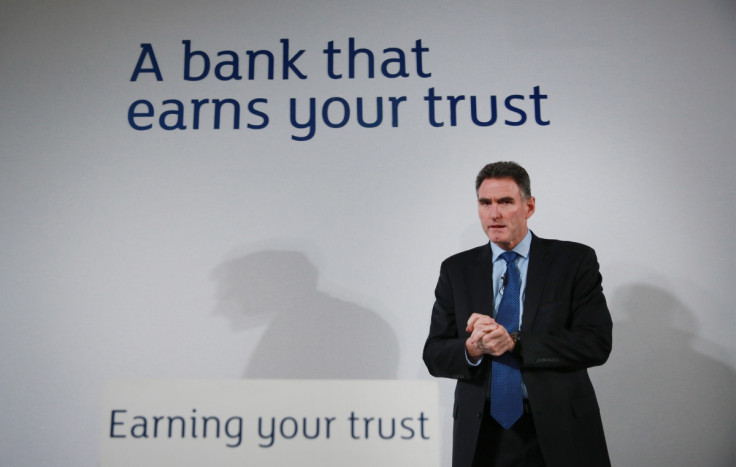RBS posts £1.98bn loss on litigation charges and restructuring costs

State-backed Royal Bank of Scotland posted a £1.98bn (€2.5bn, $2.8bn) loss over the year to 31 December 2015. The bank, which is still 73% owned by the UK government, posted its eighth consecutive year of losses on Friday (26 February).
RBS was forced to put aside £3.6bn for litigation charges and settlements and the bank also booked £2.9bn in restructuring charges.The bailed out financial institution announced in January it has put at least £500m aside in 2015 to deal with payment protection insurance (PPI) mis-selling settlements and charges. RBS is just one of many banks taking a hit to their balance sheet because of the long-running PPI scandal.
Excluding exceptional costs, the bank's profit dropped 28% to £4.41bn, missing market expectations of £4.45bn. RBS's top line, net income, fell by 5.3% to £8.8bn.
"RBS made progress again in 2015," the bank's chief executive Ross McEwan said in a statement. "We ended the year a simpler, strong bank with a business anchored squarely in the UK and Ireland, focused on retail and commercial markets."
McEwan, who introduced a multi-year restructure plan in 2014, has pledged he is trying to pay out dividends in the first quarter of 2017 for the first time since the bailout in 2008.
In August 2015, the Treasury kicked off the sale of RBS shares in a £2.1bn initial sell-off, but later announced it is delaying the further sale. Osborne argued that the market rout in Europe had created an unfavourable environment for the sale of RBS stake to private hands.
RBS is expected to return to being fully owned by shareholders in the coming years. The government has tried to find the right moment to sell its shares gradually since it bailed out the bank in 2008.
"A delay in the return of dividends until after [Q2 2017], the likelihood of more 'substantial' litigation charges ... Brexit risk as well as a slight miss on consensus estimates are all weighing on the shares after more chunky restructuring and litigation," Michael van Dulken, research chief at Accendo markets, commented on the RBS results.
"And when you factor in aggregate losses of £50bn across the eight years since its 2008 £45bn bailout, this puts the bank's turnaround struggles into perspective, even if in a stronger capital position on account thanks to post-crisis regulatory demands."
© Copyright IBTimes 2024. All rights reserved.






